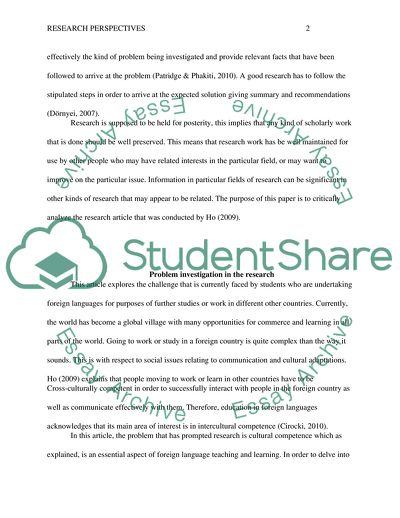Cite this document
(Global Englishes Essay Example | Topics and Well Written Essays - 1250 words, n.d.)
Global Englishes Essay Example | Topics and Well Written Essays - 1250 words. https://studentshare.org/english/1814237-global-englishes
Global Englishes Essay Example | Topics and Well Written Essays - 1250 words. https://studentshare.org/english/1814237-global-englishes
(Global Englishes Essay Example | Topics and Well Written Essays - 1250 Words)
Global Englishes Essay Example | Topics and Well Written Essays - 1250 Words. https://studentshare.org/english/1814237-global-englishes.
Global Englishes Essay Example | Topics and Well Written Essays - 1250 Words. https://studentshare.org/english/1814237-global-englishes.
“Global Englishes Essay Example | Topics and Well Written Essays - 1250 Words”. https://studentshare.org/english/1814237-global-englishes.


